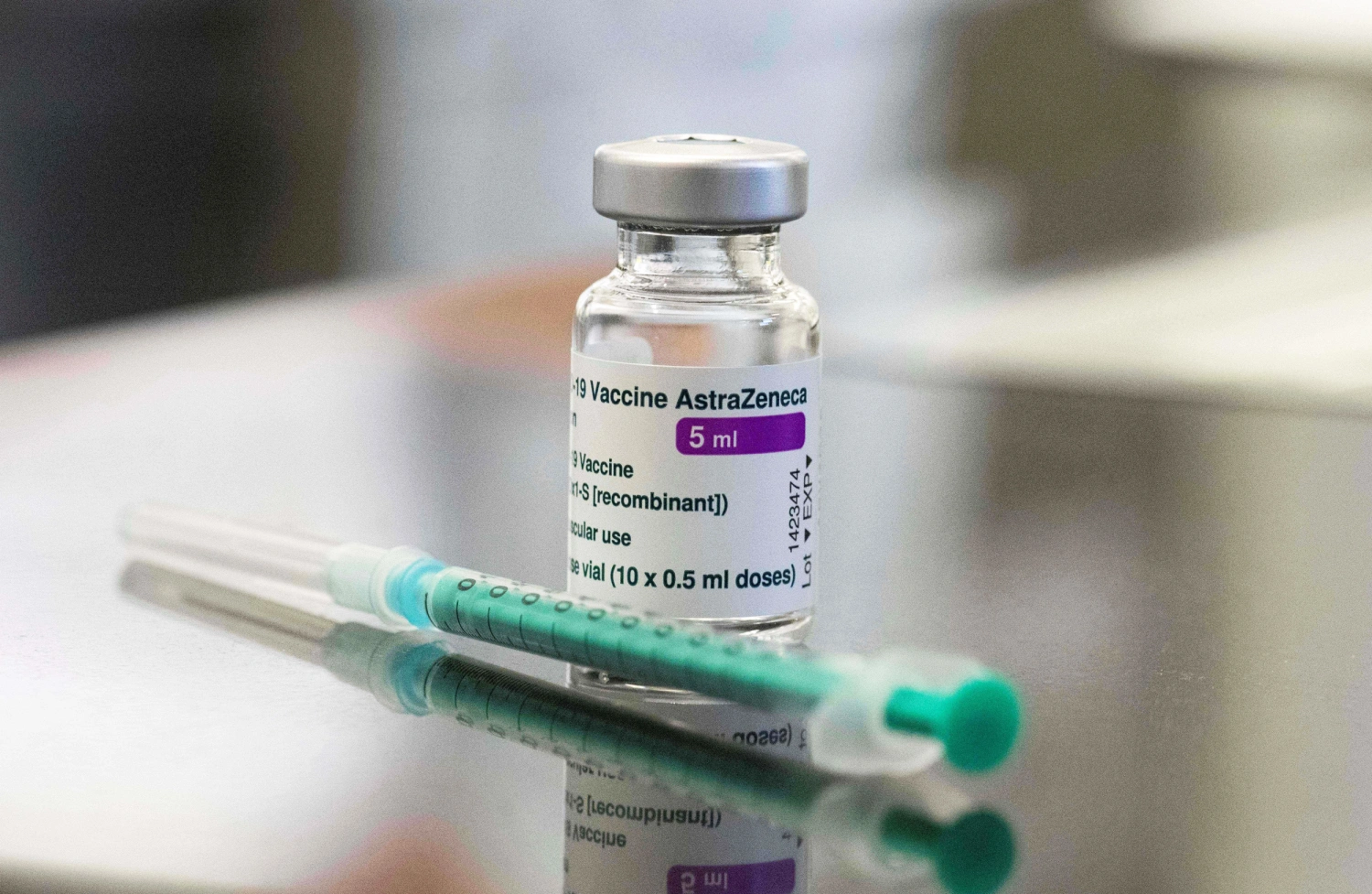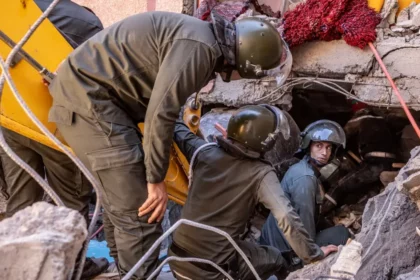A woman is suing AstraZeneca because her husband passed away due to a “rare reaction” to the company’s Covid-19 vaccine, BBC reported.
Neil Miller, a father of two aged 50, tragically suffered fatal blood clotting after getting the vaccine shot in March 2021. His widow, Kam Miller, wants to clarify that she isn’t against vaccines. However, she believes the compensation she got after her husband’s death should be higher, according to BBC’s report.
“I’m not anti-vaccination,” said the 58-year-old. “And neither was Neil. He was keen to have his jab as soon as he could and he felt he was doing the right thing.
“But I do believe if he had not had the vaccine and later got Covid, he would have survived it.”

Miller, who lives in Kibworth, Leicestershire, is one of 80 people bringing a lawsuit to the High Court. They argue that AstraZeneca’s vaccine wasn’t as safe as people had a right to expect.
Kam mentioned that her husband, who was previously healthy and active as a youth football team coach, fell seriously ill after receiving the vaccine. She described how he initially experienced flu-like symptoms which progressively worsened, prompting multiple hospital visits in Leicester over two months. Miller, who worked in IT, passed away on May 1, 2021, after collapsing at home.
His death certificate indicated that he died from vaccine-induced immune thrombosis and thrombocytopenia (VITT). An inquest into his death determined that he experienced a “rare reaction” to the Covid-19 vaccine.
AstraZeneca hasn’t provided a comment on the lawsuit, but they emphasize that ensuring patient safety is their top concern.
Mrs. Miller received a payment of £120,000 through the government’s Vaccine Damage Payment Scheme, which offers one-time compensation to individuals harmed by vaccines or to their bereaved family members.
However, she expressed that this amount was insufficient to mitigate the effects of her husband’s passing.
Sarah Moore, of solicitors Leigh Day – which is representing Mrs. Miller and other claimants said: “We are fighting for compensation for individuals and families who have been severely affected as a consequence of this rare but very serious adverse events as a result of vaccination.”
Moore said she understood the government would fund any successful claims against AstraZeneca because it indemnified the company when it was developing its vaccine to accelerate its rollout during the pandemic.
She added: “It’s important to understand these are not anti-vaccine cases. Those involved did the right thing and got vaccinated along with the majority of people in the UK.”




